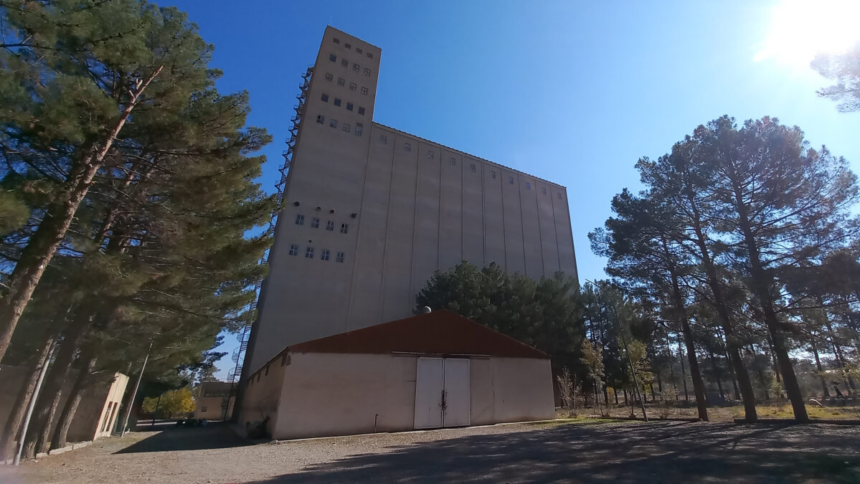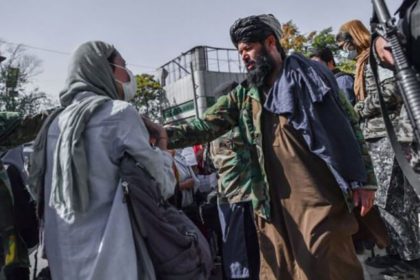RASC News Agency: Herat’s Central Grain Silo a vital piece of Afghanistan’s food infrastructure and a relic of national ambition from the era of President Mohammad Daoud Khan is now on the verge of total dysfunction. Local officials have sounded the alarm, warning that unless urgent and comprehensive action is taken, the decades-old facility will become fully inoperative. Originally constructed more than 50 years ago to bolster food security, the silo was once capable of storing up to 20,000 metric tons of wheat. Today, however, that capacity has been dramatically diminished. Due to structural deterioration, logistical shortcomings, and chronic underfunding, only around 5,000 metric tons of wheat are currently stored within its aging walls.
According to local administrators, the silo has been operating without any active financial contracts or support from state institutions. Of the 170 personnel who once sustained its operations, a mere 12 remain on duty. These remaining workers, primarily engaged in grain storage management, continue their work in a state of quiet resignation, with little hope that the facility will return to full functionality. “This structure once represented Afghanistan’s vision for food self-sufficiency,” one staff member told RASC. “Now, it stands as a ghost of its former self empty corridors, obsolete machinery, and no government support in sight.” A particularly concerning component of the decline is the deterioration of the silo’s bread production unit, which in earlier decades played a crucial role in feeding local populations during crises. Though the facility retains the technical capacity to bake up to 20,000 loaves of bread per day, the unit has remained dormant for years due to the lack of state contracts and the severe degradation of its machinery.
Three years ago, there was a brief glimmer of hope when the silo underwent a modest restoration effort. Operations partially resumed, and workers believed the facility might regain some of its strategic relevance. Yet, that revival proved short-lived, and the silo has since returned to a state of near-paralysis. The current situation places the silo’s future in grave doubt. Without immediate intervention from both provincial and central authorities, a structure that once served as a cornerstone of Herat’s food security system could become irreversibly defunct. The broader implications are equally troubling. In a country suffering from widespread food insecurity and persistent economic decline, the collapse of such a facility would represent not just the loss of infrastructure but the erosion of strategic national capacity. Analysts warn that letting the Herat silo fail would exacerbate vulnerabilities in grain storage, emergency response readiness, and local food distribution at a time when Afghanistan can least afford it.
“This is more than just a building falling apart,” remarked an economic analyst based in Herat. “It is a symbol of a government that is failing to preserve even its most basic institutions. The silence from Kabul is deafening.” As Afghanistan continues to grapple with layered crises political, economic, and humanitarian the decline of the Herat grain silo stands as a poignant testament to the consequences of institutional collapse and administrative inertia. Without swift, coordinated action, what was once a monument to resilience may soon become another casualty of neglect.






